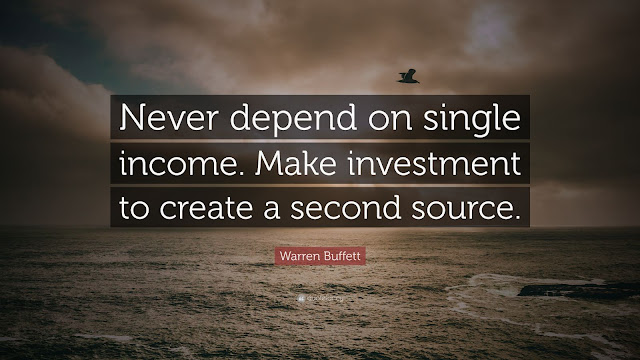Estate Planning Leaving a Legacy for your Loved Ones part 4 - By Natricia Edwards
There are two types of life insurance, Term and Permanent. Three types of permanent insurance are Whole Life, Universal Life, and Variable Universal Life.
The recommended type of insurance is Term Life Insurance. You pay what is called a premium for the insurance policy that you select. When you choose the Term Life Policy, you receive more value from
the premiums you pay than with Permanent Life Insurance Policy. With a Term Life Policy, you can lock in a premium from anywhere between 1 to 30 years depending on the policy. The only thing you must remember is that your premium can increase when it is time to renew it. It is typically recommended that you obtain coverage when you are younger, and lock in an affordable rate at that time. The older you are, the higher the premiums are.
Whole Life is a popular form of Permanent Insurance, that Dave Ramsey does not recommend. It is sold as a cash value policy. This means that as you pay your premiums the policy accumulates value. You can borrow against this accumulated value, but may result in a tax liability if the insured dies before the money is restored to the account. Withdrawals are taxed as ordinary income.
Borrowing from the policy also reduces your cash value and the death benefit. The premiums for this type of policy are higher than term life typically, but they remain the same for the life of the policy.
Universal Life Insurance is the same as Whole Life Insurance except that you have more flexibility. Once you have accumulated money in your cash value account, you can vary the frequency and the amount of your premiums. The only thing about doing this is that it may impact the value of your death benefit. A death benefit is the lump sum amount that gets paid to your beneficiaries if you die while the life insurance policy is in effect.
Variable Life Insurance is the same as Universal and Whole Life Insurance. The only difference is that you get a say as to how your money is invested. You can invest your cash value in stocks, bonds, or money market funds. Your money can grow more quickly, but there is more risk.








Comments
Post a Comment